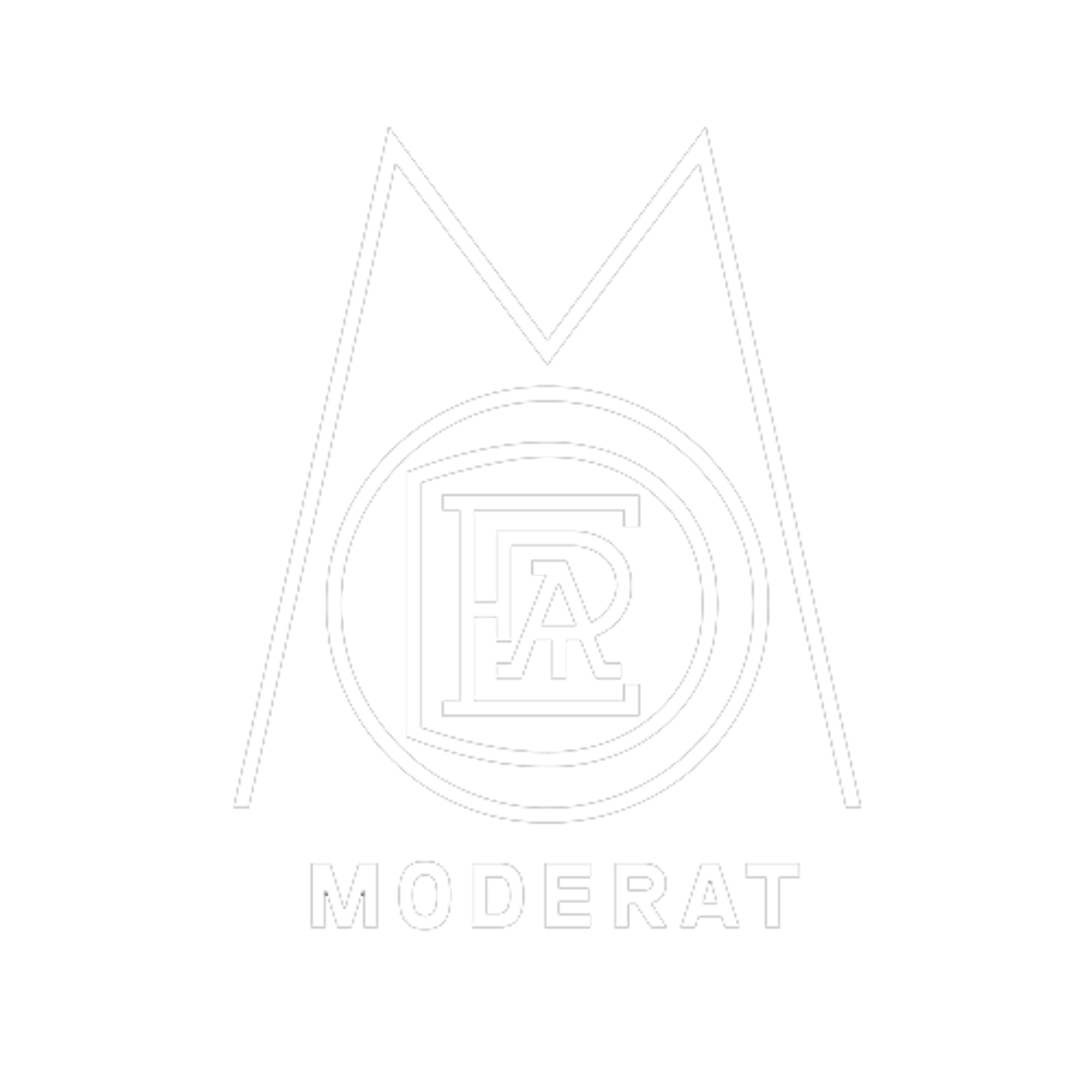You can call them a "supergroup", but Moderat understands that it’s the "group" aspect that makes them interesting.
Gernot Bronsert, Sebastian Szary (aka Modeselektor) and Sascha Ring (aka Apparat) have been working together as a trio almost as long as their two separate projects have existed. We’ve seen their collaboration grow from "laptop boy-band", (as Ring playfully puts it) in 2003—with computers synched using software Ring himself had written, because at the time, "there was just no live performance software around".
Ring confesses that Moderat wasn’t »really meant to be a recording act" with Bronsert agreeing that "it was really just about fun". This maybe explains the six-year break that followed Moderat’s first EP before they finally returned in 2009 with their selftitled debut album. Intent on creating something that contrasted with their own projects, the group started the cycle which blossoms on their second album, aptly titled II, culminating now in the trilogy’s completion, III. Whereas I was the combination of two separate entities, II brought the members closer together, and in III, the final chapter in the trilogy, Moderat sounds like one band.
Both Szary and Ring will tell you that Moderat moved progressively from making tracks towards a more traditional writing approach of making songs – a process more fully realized on III. That’s partly why the vocals have become more prominent. Mostly, you hear Ring singing (there are no guests this time), as he so often does as Apparat, but listen closely to "Ghostmother" to hear Bronsert and Szary backing him up. Stepping out of their comfort zone is the kind of thing that helped create their interplay between pop and electronics; doing it right won them the Resident Advisor Best Live Act honor as early as 2009, and they continue to gain popularity while remaining independent and underground.
Szary describes the idea behind Moderat as "imagin[ing] yourself sitting in the cinema and watching a movie with an incredible soundtrack". This is true with Moderat in general, but III in particular pairs an emotional pull with sensual imagery, creating dynamic sound and depth with lyrics such as "the calming scent of lavender fills the air" or "burning bridges light my way". You’d have to ask them whether they’re intending to manipulate the listener in the same way that John Williams or Hans Zimmer might with traditional orchestras.
One of the best parts of Moderat is their use of electronics to achieve orchestral diversity. They update the songwriting tradition with an intriguing palette, borne of careful attention and skill, informed by their "experiences with sounds of nearly 25 years of suband club culture".
Let’s not forget that these three were brought together by Berlin’s now legendary rave scene. With this as their common foundation as individuals, III signifies Moderat’s maturation in modern pop — an achievement shared under their collective belt.
Bronsert explains that, »the new album isn’t based on jams. We went into the studio and knew exactly what we needed to do. "This is reflected in the sophisticated themes explored in the music. Take "Ghostmother" which ponders inner peace, acceptance, fear of the unknown and how facing that fear often reveals something not so scary. Or "Running" which is about being part of a mass that constantly needs to move to function, but doesn’t have the power to decide the direction of motion. Or how about the wisdom of "Reminder" which recognizes the world for its flaws and our role we’ve each played in that, but choosing to act differently and light the way to something better.
Given that, it’s a bit of an understatement when Bronsert says, "I’d say our music has definitely matured". Successful in their own endeavors, now they’ve mastered the "group". It doesn’t mean the end of Moderat, but it does mean they’ll have to find something else to excel in.
